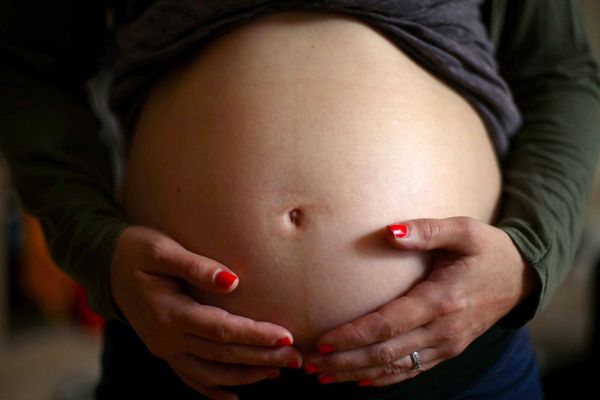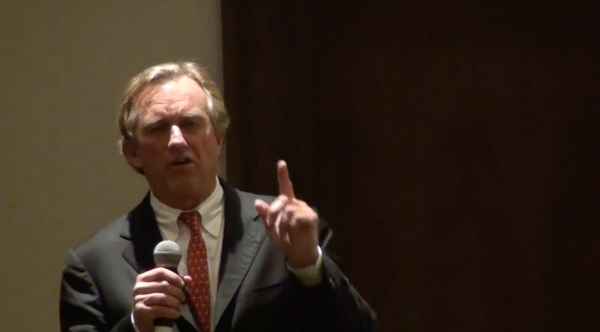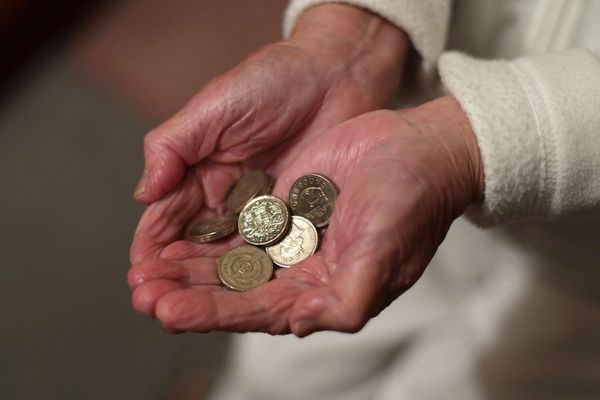
For many of my friends and neighbours in Kabul, cricket was the only reason to know Australia.It was like that across Afghanistan for decades until the 2020 revelation of alleged war crimes by the Aussies in Uruzgan province, and now the Morrison government’s announcement of 16,500 extra humanitarian visas for Afghan refugees.
When I look now at how my war-ravaged countrymen and women view the Aussies, I see despair and anger next to a ray of hope.
It’s shaped by this relatively new love-hate relationship, despite lesser known deep-rooted ties between the two nations – there were legendary Afghan cameleers in Australia in the 18th and 19th centuries such as “the Wonder Man” Mahomet Allum and the poster boy Monga Khan.
Despite all the recent, mostly bad things dominating Afghan-Australian relations, the affection for Australian cricketers has been growing in Afghanistan, while emerging Afghan stars such as Rashid Khan, Mohammad Nabi and Zahir Khan are becoming household names in Australia because of the Big Bash League.
Still, the scars left by the alleged war crimes by the Australia defence force in Uruzgan are fresh and unforgettable, and may not be healed if justice keeps being delayed, regardless of the offer of a safe haven for the thousands of vulnerable Afghans.
The Australian government’s announcement last week of thousands of new visas for Afghan refugees appears generous. But it is contrasted with a lack of recognition of the many generations of Afghans who have dedicated their lives to this continent since the time of the cameleers, and calls for some soul searching.
What does this say about the nature of this love-hate relationship between Aussie Afghans and the powerful Australian state throughout history? Why isn’t there the bonding, recognition and mutual respect between Afghanistan and Australia after so many years?
When I was covering the war and the human suffering in Afghanistan, I noted Australia’s 20 years of military presence in Afghanistan was overshadowed by other Nato allies such as the US, Germany and the UK, which had larger missions and were publicly more engaged in reconstruction and humanitarian activities. This was despite the sacrifices of 41 Australian soldiers and deployment of 30,000 defence personnel during the two decades of conflict before the Taliban’s resurgence to power last year.
Now, on the heels of a haphazard rush towards the exit, the US seems busy with face-saving moves, such as freezing Afghanistan’s state reserves worth billions of dollars for the propagated purpose of pressuring the Taliban to comply.
The Australian government has a chance to chalk out its own post-war strategy tailored to its future ties with the Afghans instead of hiding in Washington’s shadow. The announcement of 16,500 visas slots is indeed a first step in the right direction to revive and strengthen the forgotten bonds between the two nations.
This window of opportunity to shape the future of multiculturalism in Australia and patch ties with this geopolitically important country in the heart of Asia should not be overlooked.
Another thing to watch for is the influence of domestic Australian politics on the seemingly generous and open-hearted sentiments of Australians towards Afghanistan (I am speaking from my three months of experience here so far).
There are lessons to be learned on this from the messy ways in which the Democrats and the Republicans in Washington shaped the endgame in Afghanistan in August 2021, when two decades of efforts for democratisation failed with the return of the Taliban. The way an elected Afghan government was ditched by the US in the Doha Agreement gave a nasty signal of mistrust to Washington’s allies around the world.
Here in Australia, a vibrant Afghan community is already living in harmony with its new Aussie identity. The influx of more Afghans, which is crucial in reuniting families like mine torn apart by the war, would complement the diversity of this beautiful land.
Australia can win hearts with very little investment of funds in Afghanistan – by not cherrypicking for its own needs, but also for the welfare of the war-torn nation.
Visas are welcome, but the Australian government should think about doing more, such as regular scholarships for bright Afghan students, skills training, market access for farmers, and of course the promotion of cricket in the mountainous country.
Shadi Khan Saif is an Afghan journalist based in Melbourne







